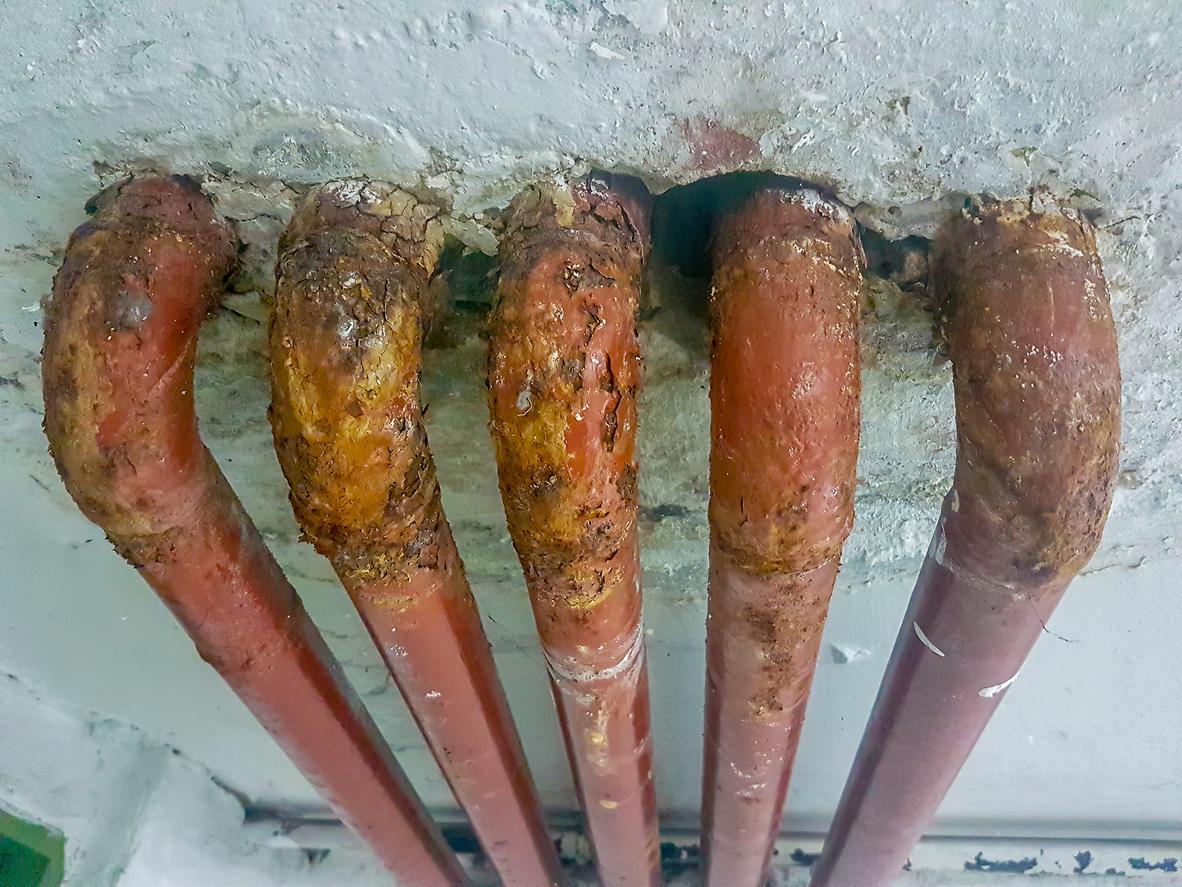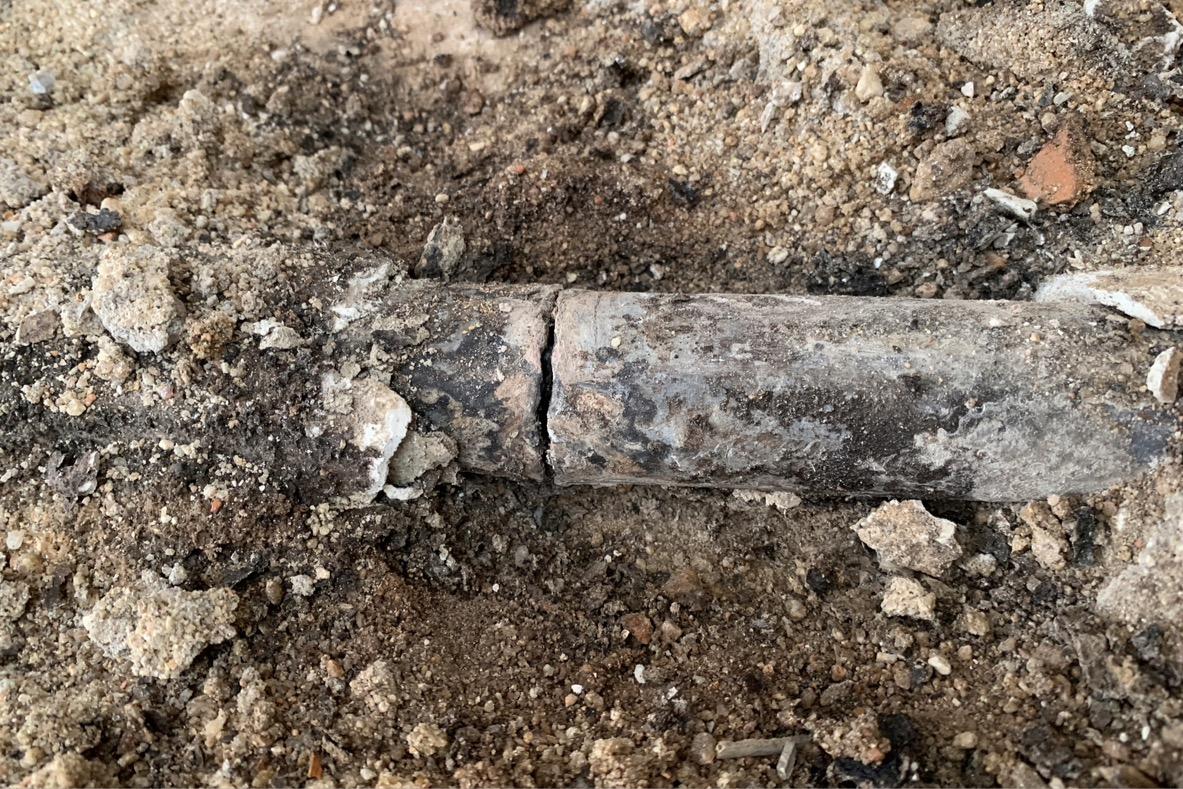New EPA Proposal Would Require Removal of All Lead Pipes from U.S. Water Systems
Published Nov. 30 2023, 12:58 p.m. ET

In an effort to advance the Biden-Harris Administration's goal of removing every lead service line in the U.S., the Environmental Protection Agency (EPA) announced on Thursday, Nov. 30, 2023 a proposal to require the removal of all lead pipes from the U.S.'s water systems within 10 years.
The EPA describes lead service lines as a network of underground pipes that connect the water main to the plumbing in a home, which provides residents access to water.
Per the EPA, an estimated 9.2 million lead service lines are present in cities throughout the U.S., many of which are in low-income neighborhoods and communities of color.

The EPA plans to replace lead pipes across the U.S. over the next decade.
The proposed Lead and Copper Rule Improvements (LCRI) that would mandate the removal of every lead pipe from the U.S.’s water systems is supported through the Bipartisan Infrastructure Law, which includes $15 billion allocated for lead pipe replacement. An additional $11.7 billion reserved for “Drinking Water State Revolving Funds” can likewise be utilized to replace lead service lines, totaling up to nearly $27 billion in funding for the countrywide removal of lead pipes from water systems.
An additional requirement of the proposal would see the collection of entities that oversee water supply (termed “water systems” in the EPA’s release) to provide substantial improvements to their communications with consumers regarding their plans for replacing existing lead service lines.

Additional provisions of the proposal include the improvement of tap water sampling, lowering the Lead Action Level, and strengthening protections to reduce lead exposure.
Per the EPA's frequently-asked questions section, the proposed LCRI focuses upon three key elements, including the replacement of lead service lines, improving processes for public health protection, and increasing transparency with the public.
Once the proposal is published, the EPA will accept comments for a period of 60 days. The EPA will first hold an informational webinar on Dec. 6, 2023, during which the agency will provide an overview of the LCRI. The EPA will then solicit verbal public comments via an upcoming virtual public hearing scheduled for Jan. 16, 2024.

Lead exposure can cause a number of health issues, especially in children.
Although protective measures have been taken to reduce exposure to lead through drinking water, most notably via the 1986 and 1996 amendments to the Safe Drinking Water Act and the EPA's own Lead and Copper Rule, the bioaccumulative nature of lead in a developing body can have numerous potential consequences, per the Centers for Disease Control and Prevention (CDC).
The CDC notes that lead entering a child’s bloodstream, even at small amounts, can lead to damage to the brain and nervous system, as well as slowed growth and development, among various other adverse effects.
While lead poisoning is an entirely preventable diagnosis, according to Yale Medicine, it remains one of the most common pediatric public health problems. Once lead makes its way to the bloodstream, it can cause anemia, interfere with bone development, and induce behavior and learning problems, among a host of other symptoms.
In adults, the EPA cites heart disease, decreased kidney function, and cancer among the list of potential side effects of excessive lead exposure.